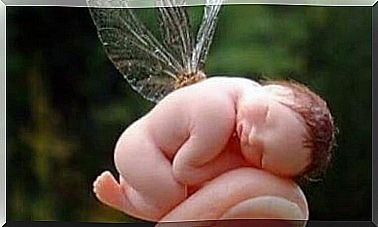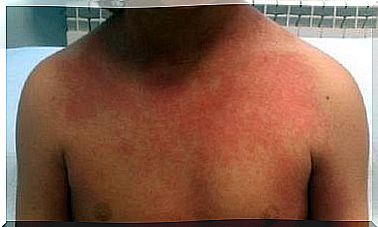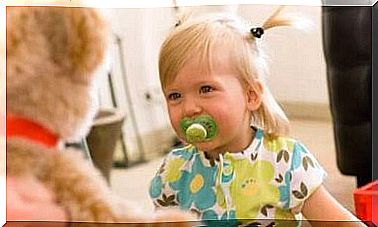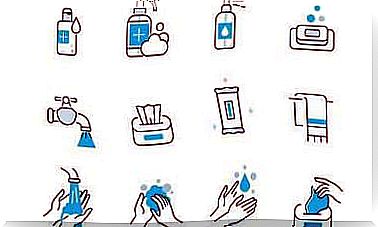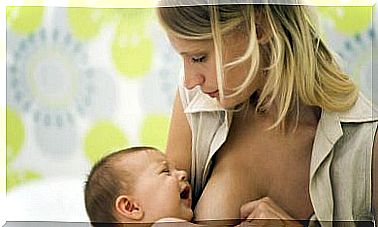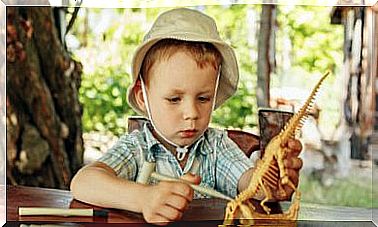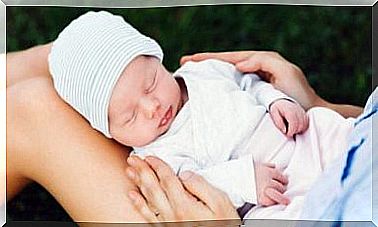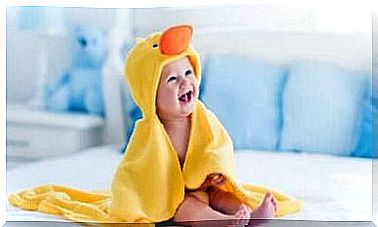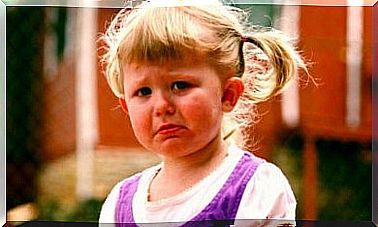Wheezing In Children: Causes And Symptoms
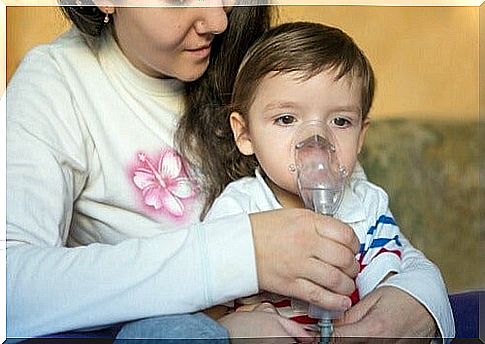
Wheezing in children can be caused by various conditions. These can cause a hissing or whistling sound when breathing, due to the movement of air in the congested lung ducts.
According to pediatricians Lydiana Ávila and Manuel Soto of the “Dr. Carlos Saenz Herrera ”in Costa Rica, there are many pediatric diseases that are characterized by the appearance of wheezing.
For this reason, it is especially important to make a differential diagnosis. While asthma is the cause of wheezing in most cases, there are other causes that must be ruled out.
What is wheezing?
Hissing in children is a breathing noise that appears due to certain diseases, and which can be heard mainly during exhalation, but often also during inspiration.
Why does the hiss appear?
According to specialists, wheezing occurs as a result of an obstruction of the flow of air in the lungs. This obstruction produces a vibration of the bronchial walls which in turn causes this whistling sound.
Other causes can be the following:
1. Main pathologies that can cause the appearance of wheezing
- Asthma : Bronchial asthma is the most common cause of wheezing in children. It is a chronic disease that produces inflammation of the airways.
- Viral infection : Infections, especially viral ones, are a common cause of wheezing in babies, especially infants. In fact, in the first months children are particularly sensitive to attacks by respiratory viruses: syncytial virus, adenovirus, parainfluenza virus, rhinovirus or typical bacteria such as Mycoplasma pneumoniae or Chlamydia pneumoniae.
- Bronchiectasis : It can be caused by damage to the main airways of the lungs, causing the airways to widen.
- Bronchiolitis: Infectious agents are the most common responsible for wheezing in children. Among the most common infectious diseases is bronchiolitis, which manifests itself as an acute obstruction of the deep airways.
- Bronchitis: is the inflammation of the bronchial ducts, which are responsible for transporting oxygen to the lungs; it can be acute or chronic.
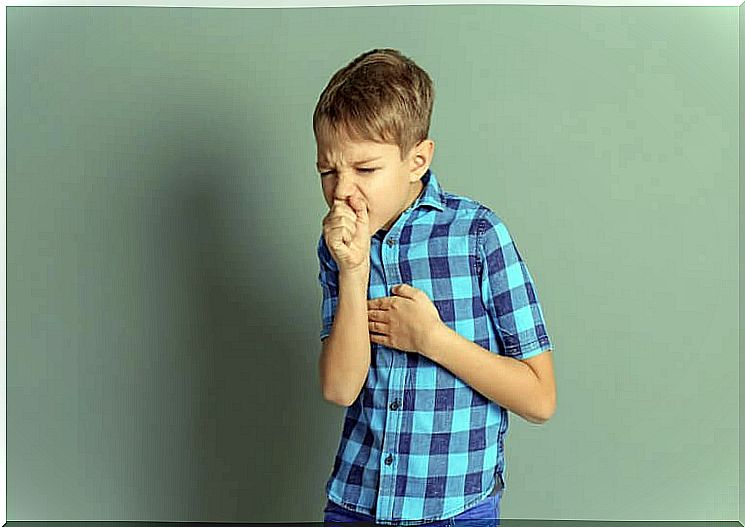
2. Other possible causes of wheezing
- Gastroesophageal reflux: consists in the return of acid gastric contents from the sstomach to the esophagus. It may be due to a malfunction of the lower gastroesophageal sphincter.
- Inhalation of a foreign body : Sudden hissing can be a symptom of aspiration of a foreign body. Objects stuck in the larynx, trachea or bronchi produce intense dyspnea; on the other hand, those arriving in the peripheral routes can cause recurrent pneumonia and wheezing.
- Certain drugs: Accidental ingestion of organophosphates such as parathion or malathion (insecticides and acaricides) can cause wheezing, coughing and dyspnoea due to inhibition of serum anti-cholinesterase.
- Inhalation of irritants: Inhalation of chemical vapors, hydrocarbons, or smoke can cause wheezing.
Symptoms of wheezing
The whistling sound you hear when you breathe may be accompanied by other symptoms, which will depend on the triggering cause of the disease. For this reason, when we hear a sound of this type in our baby, during exhalation or inspiration, it is important to pay attention to the appearance of the following symptoms:
- Dry or phlegmonous cough.
- Nasal secretions.
- Temperature.
- Feeding difficulties.
- Bluish tint (in some cases).
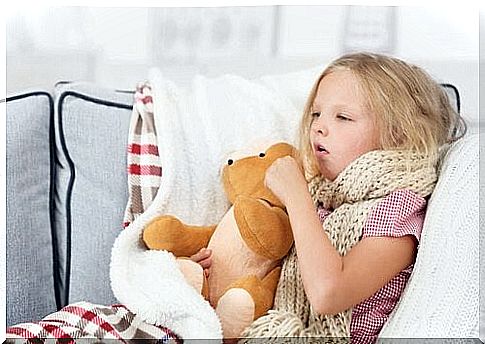
Diagnosis
When it comes to severe wheezing, the specialist will recommend a chest X-ray to check for a foreign body in the lungs, pneumonia or heart failure.
Next, the level of oxygen in the blood is determined through the use of a sensor on the finger (pulse oximetry).
In other cases, when it comes to an asthma attack, no complementary examination is needed unless there are signs of severe breathing problems.
Children who are prone to frequent asthma attacks or who exhibit other severe respiratory symptoms that do not improve with the use of bronchodilators or other medications may be screened for further.
Common tests include: swallowing studies, computed tomography or bronchoscopy. The general physical exam must also have shown clear signs, such as low weight, heart sounds, and wheezing abnormalities.
In summary, wheezing in babies can be a symptom of a respiratory disease that could affect the baby’s quality of life.
For this reason, as soon as you notice a whistling or hissing sound, it is essential to immediately take the child to the pediatrician, so that he can carry out the corresponding tests and can provide a diagnosis and a cure.
